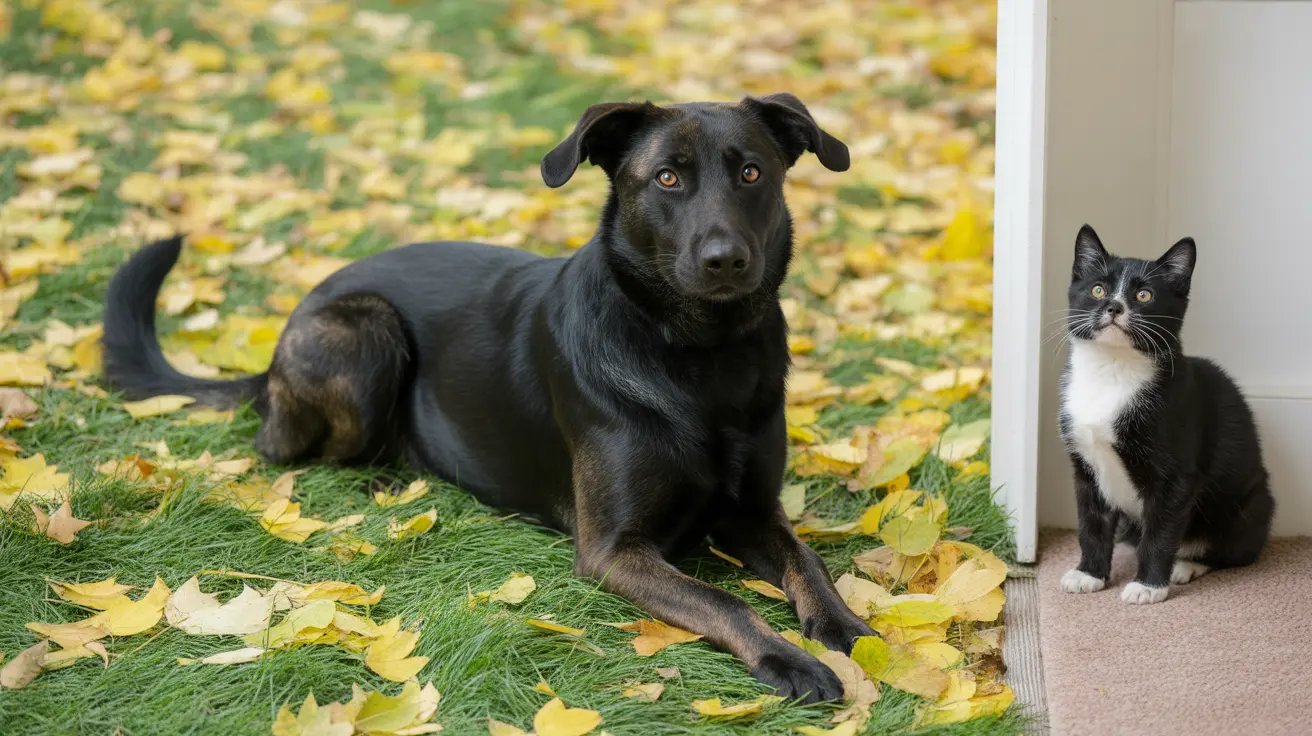What Not to Do With a Toy Poodle: Essential Care Tips
Toy Poodles are beloved for their intelligence, elegance, and playful personality packed into a tiny frame. However, despite their small size, their care needs are unique and must not be overlooked. To ensure your Toy Poodle lives a long, happy, and healthy life, here are the most critical things you should avoid doing.
1. Don’t Leave Them Alone for Long Periods
Toy Poodles are very social dogs that thrive on companionship.
Prolonged isolation can lead to separation anxiety, resulting in destructive behaviors, excessive barking, and emotional distress. They are happiest when included in daily activities and involved in family routines.
2. Never Use Harsh or Punitive Training Techniques
These dogs are
highly intelligent and sensitive, which makes them quick learners but also vulnerable to negative reinforcement. Aggressive or punitive training methods can cause fear, anxiety, or even aggression. Instead, use
positive reinforcement with treats, praise, and encouragement to foster good behavior.
3. Don’t Neglect Their Grooming Needs
Toy Poodles have a curly, dense, low-shedding coat that requires
daily brushing to prevent matting and skin issues. Avoid skipping grooming appointments—professional grooming every four to six weeks is essential. Also, don’t forget
ear cleaning and dental hygiene, as they are prone to ear infections and dental diseases.
- Brush coat daily to prevent knots and mats
- Clean ears regularly to avoid infections
- Brush teeth several times a week
- Schedule professional grooming every 4–6 weeks
4. Don’t Roughhouse or Allow Unsupervised Play with Large Dogs or Young Children
Their delicate bone structure makes them vulnerable to injury. Avoid letting toddlers or bigger pets play roughly with them. Always supervise interactions to ensure gentle and respectful handling.
5. Don’t Underestimate Their Need for Mental and Physical Stimulation
Even though they’re small, Toy Poodles are energetic and require
daily exercise and mental enrichment. Neglecting this can result in boredom and unwanted behaviors such as excessive barking or destructiveness. Engage them with:
- Daily walks
- Playtime and interactive toys
- Obedience training or agility games
- Socialization exercises with new people and environments
6. Don’t Ignore Early Socialization
Failing to expose Toy Poodles to varied experiences early in life can lead to them becoming
shy, anxious, or territorial. Socialization helps them become well-adjusted adults. Start early and introduce them to different noises, places, people, and animals.
7. Don’t Feed Them Improperly
Because of their small size, Toy Poodles require
proper nutrition and portion control. Overfeeding or relying too heavily on treats can quickly lead to obesity. Also, puppies are prone to hypoglycemia, so they may need more frequent meals initially.
- Consult a vet for diet and portion guidance
- Use high-quality commercial dog food
- Avoid overfeeding with treats
8. Don’t Skip Routine Vet Care and Health Screenings
Although generally healthy, Toy Poodles are susceptible to several hereditary conditions, including:
- Progressive retinal atrophy
- Patellar luxation
- Legg-Calve-Perthes disease
- Tracheal collapse
- Von Willebrand’s disease
Regular vet visits, screenings, and preventive care are essential. When adopting a Toy Poodle, choose a breeder who performs rigorous health testing on breeding dogs.
9. Don’t Assume They Are Hypoallergenic for Everyone
While Toy Poodles are known to be hypoallergenic,
no dog is completely allergen-free. Prospective owners with allergies should spend time around the breed before committing.
10. Don’t Buy from Unethical Sources
Avoid pet stores or backyard breeders who do not prioritize the health and welfare of the puppies. Choose
reputable breeders who conduct health testing, provide early socialization, and offer support.
Final Thoughts
Toy Poodles are delightful companions, but they need attentive and thoughtful care to thrive. Avoiding the pitfalls outlined above can help ensure a
happy and fulfilling relationship with your elegant, intelligent little friend. Whether you're a first-time pet owner or an experienced dog lover, understanding what not to do will make all the difference in your Toy Poodle’s well-being.





